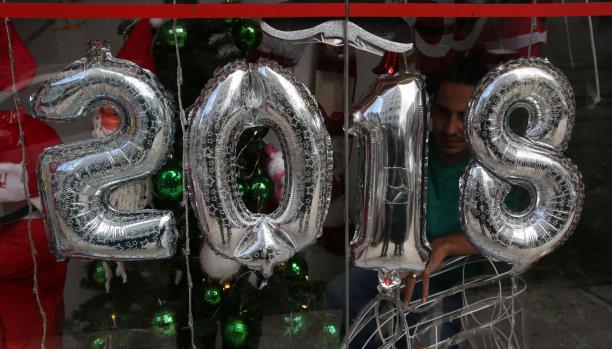Why start the New Year on January 1?
The idea of using the first day of January to mark the beginning of the new year is to be attributed to Julius Caesar, five decades before the birth of Christ. There were many calendars before the tsar created the Julian calendar 46 years before the first of January. An official start of the New Year. This was the day when the consuls, the highest elected political officials in Rome, took up their duties to start their service throughout the year.
Even with the spread of the Julian calendar, some regions continued to use dates in March and September as New Year's Day, according to Life Science.
In medieval Europe, for example, the New Year was seen as a heat-worship, so the holiday was moved to more acceptable dates, including 25 December, the day the Christian Church used to celebrate the birth of Christ , And 25 March, the Annunciation.
During the seventies of the sixteenth century Pope Gregorian, the Gregorian calendar was put into effect, to return on 1 January place on the first day of the new year.
This change was not formally implemented by England until 1752, and until then, England and the American colonies were celebrating the New Year on 25 March.
.jpg)